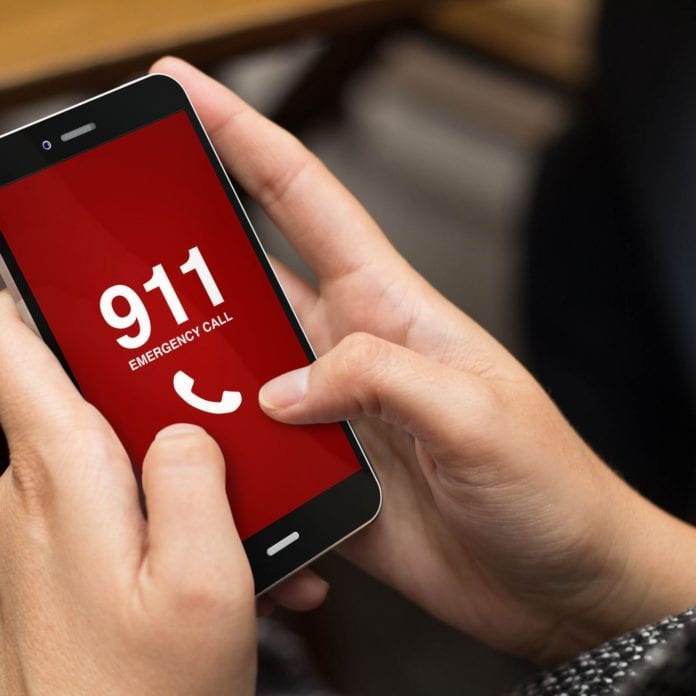Network operators CenturyLink and West Safety Communications have settled with the Federal Communications Commission over violations of FCC rules due to a 911 service outage.
The two companies agreed to pay $575,000 in fines and put in place a three-year compliance and reporting plan to ensure that they minimize the risk of 911 outages. CenturyLink will pay $400,000 and West Safety will pay $175,000.
The 65-minute outage, which happened on August 1, 2018, resulted from a mistaken configuration change to the 911 routing network of West Safety Service, which is the parent company of West Safety Communications. Both CenturyLink and West Safety Communications depended on that network to meet their 911 service obligations, and the change resulted in a failure to route calls to “dozens of 911 call centers in multiple states,” according to the FCC.
A report from the Minnesota Public Utility Commission found that in Minnesota alone, there were 693 failed CenturyLink-serviced 911 calls to about 81 public safety answering points. According to the report, the configuration error was made as part of routine trunk provisioning and disrupted wireline, wireless and voice over IP calls to 911 Minnesota — however, it wasn’t a complete outage. More than 350 911 calls placed during that 65-minute window were successfully completed.
Subscribe now to get the daily newsletter from RCR Wireless News
Minnesota has 102 PSAPs across the state, and every 911 made in Minnesota is routed through hubs in either Florida or Colorado, the report noted. The calls which were successfully completed were routed through Colorado, which was considered the system’s secondary router for redundancy purposes.
But the service disruption didn’t result in the PSAPs automatically being notified. That didn’t happen until West became aware of the issue and began to fix it, and CenturyLink subsequently began notifying PSAPs through its own notification process.
After the outage, the CenturyLink consent decree notes, “software improvements were made to prevent recurrence of the type of inadvertent error that initiated the outage and enhanced alarms were implemented to provide better internal and inter-company notification when 911 calls fail to transmit through the network.” The decree also notes that the company has agreed to work on identifying potential risks to 911 service in the “evolving [next-generation] 911 environment”, protect against them, detect outages, respond to them with actions that include notification to the affected PSAPs, and recover from them as “soon as practicable.”

